STI/HIV Prevention

The Importance of STI/HIV Prevention
Inclusive and non-stigmatizing prevention is crucial to promoting public health and reducing the spread of sexually transmitted infections (STIs) and HIV. Stigmatization and discrimination associated with STIs and HIV can prevent individuals from seeking testing, treatment, and prevention services, leading to increased rates of transmission and worse health outcomes.
To address these challenges, it is essential to adopt inclusive approaches that recognize and respect the diversity of individuals and communities affected by STIs and HIV. This includes providing culturally responsive education and prevention services that are accessible and free from judgment, shame, or blame. It also means addressing structural factors, such as poverty, racism, homophobia, and gender inequality, that contribute to disparities in STI/HIV rates.
Effective STI/HIV prevention strategies should be evidence-based and tailored to the needs and preferences of different populations, including youth, men who have sex with men, transgender people, and people living with HIV. Prevention efforts should also be integrated with broader health services, such as reproductive health care, mental health care, and substance abuse treatment.
By promoting inclusive and non-stigmatizing STI/HIV prevention, we can reduce the burden of STIs and HIV, improve health outcomes, and advance social justice and equity for all individuals and communities affected by these infections.
Partners & Funders
HCET works closely with local, state, and federal STI/HIV programs to make sure services are delivered by well-trained public health professionals and that organizations have the resources and support they need to deliver high-quality STI/HIV care.
- Indiana Department of Health Division of HIV/STI/Viral Hepatitis
(includes work with Indiana’s STI and HIV Prevention Programs, Indiana’s SURRG Program, and Indiana’s Harm Reduction Program)
- Wisconsin Bureau of Communicable Diseases, Division of Public Health, STI Intervention Unit
(includes work with Wisconsin’s STI Unit and Wisconsin’s SURRG Program)
Partners & Funders
HCET works closely with local, state, and federal STI/HIV programs to make sure services are delivered by well-trained public health professionals and that organizations have the resources and support they need to deliver high-quality STI/HIV care.
- Indiana Department of Health Division of HIV/STI/Viral Hepatitis
(includes work with Indiana’s STI and HIV Prevention Programs, Indiana’s SURRG Program, and Indiana’s Harm Reduction Program)
- Wisconsin Bureau of Communicable Diseases, Division of Public Health, STI Intervention Unit
(includes work with Wisconsin’s STI Unit and Wisconsin’s SURRG Program)
